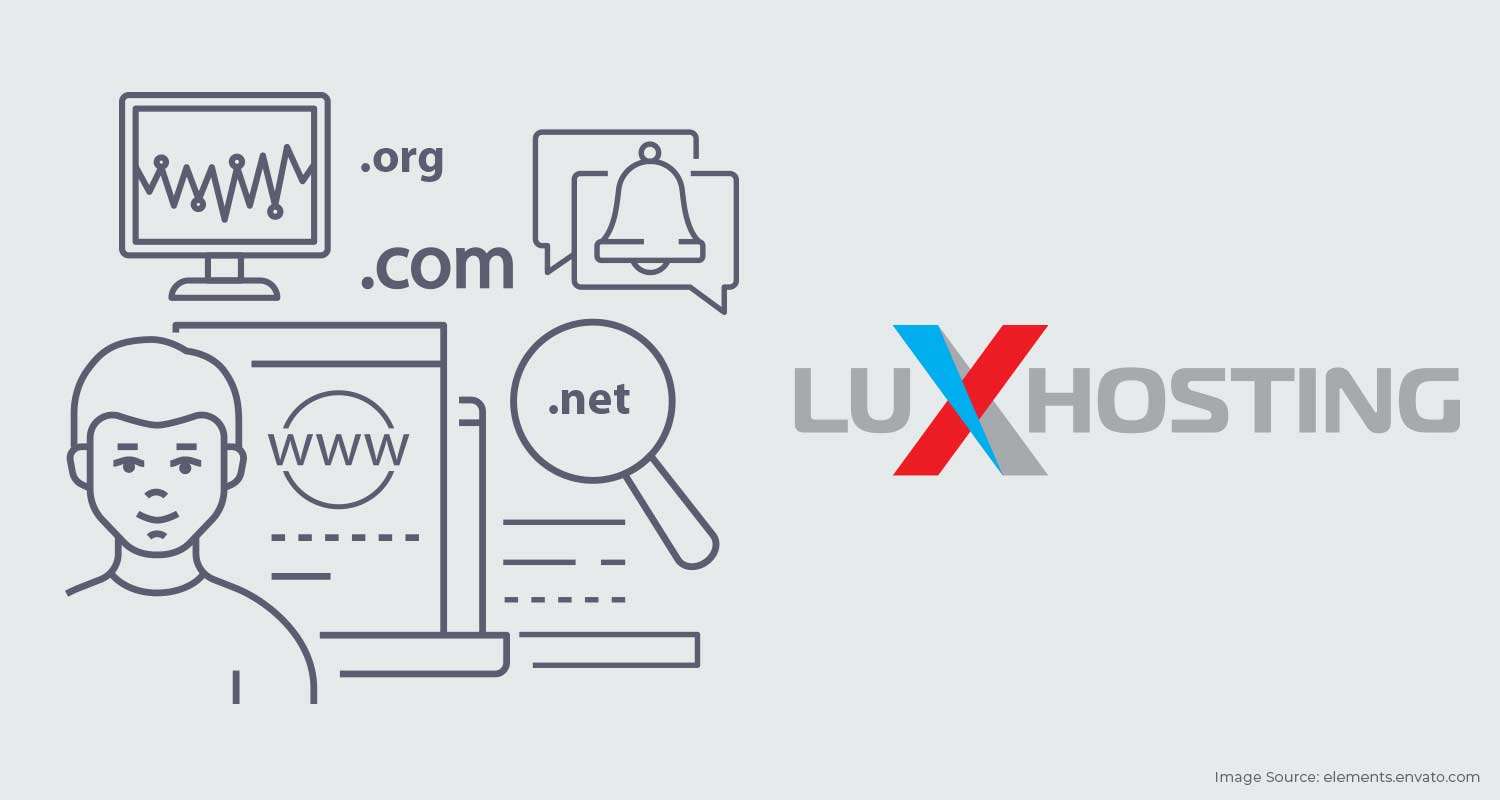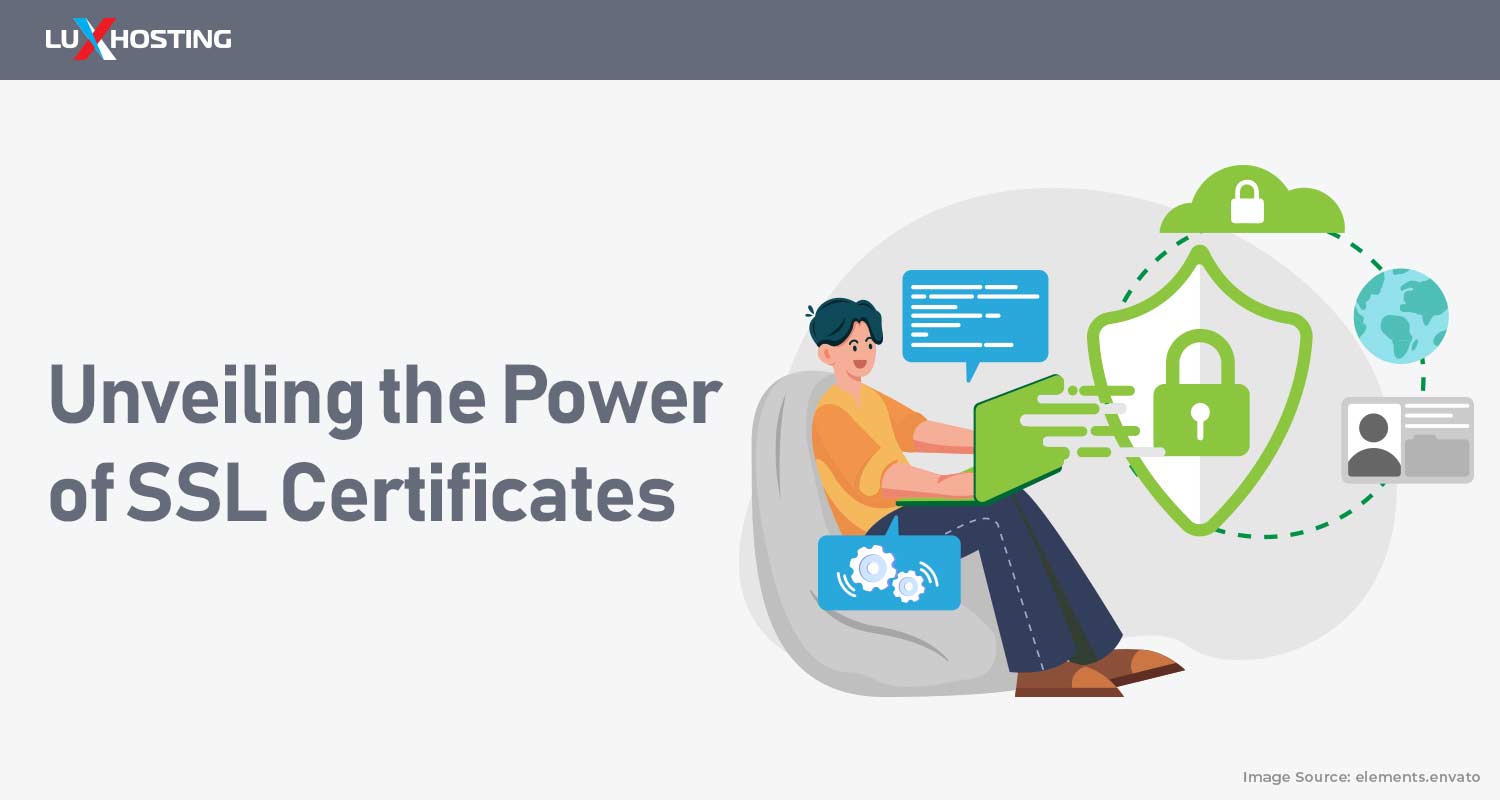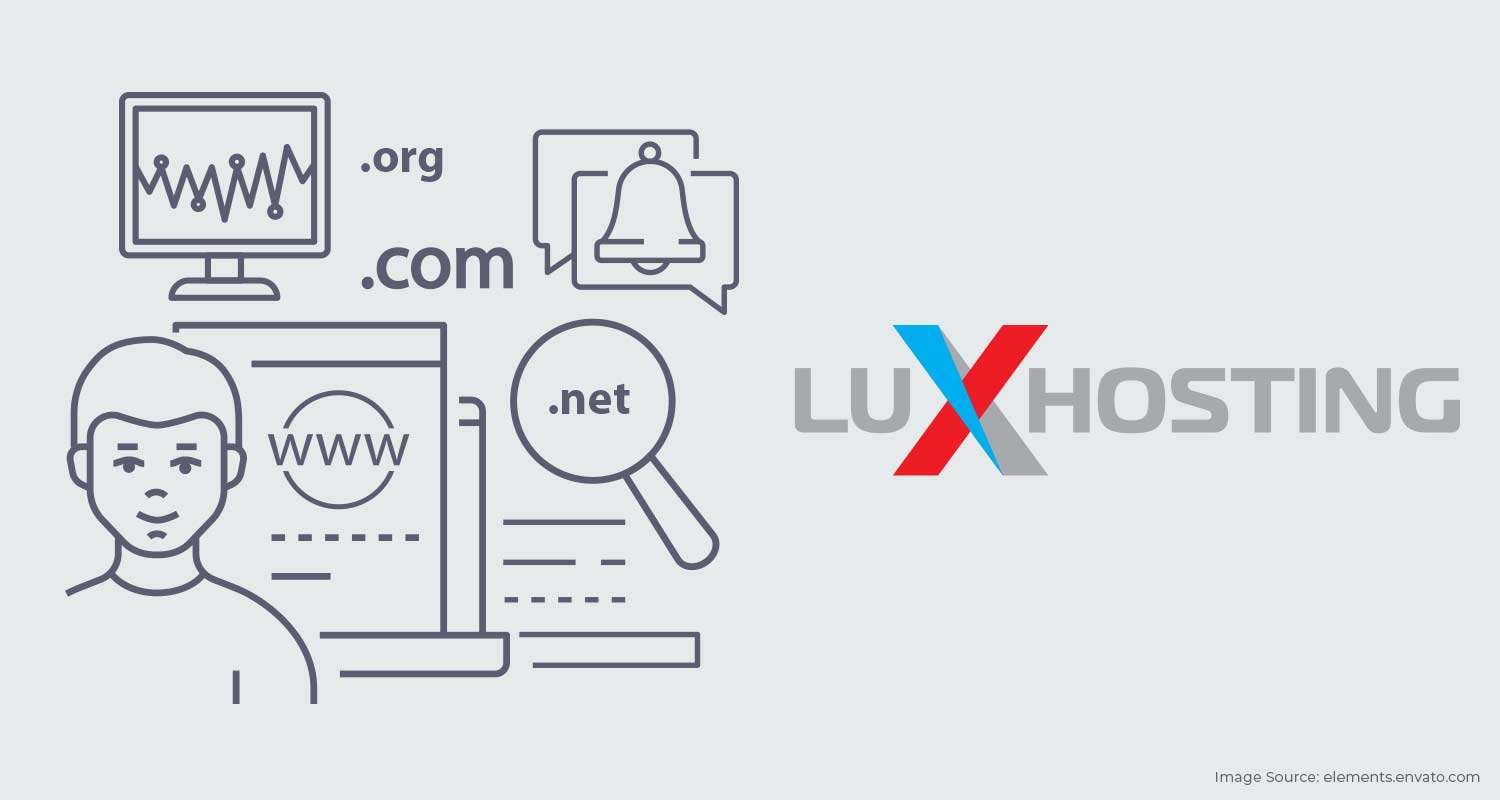SSL Certificates are the first line of defense in your internet security detail and any websites without them are asking for trouble and will have their SEO impacted. Arguably, the most sought-after web browser for surfing the internet is Google’s Chrome browser. As such, being a trusted name in web browsing, they’ve decided to label web pages that are not secured with a warning. This makes visiting insecure websites a hard time for end-users. In fact, not having a secure website can impact your SEO rating. Other browsers like Apple’s Safari, Firefox, and Microsoft’s Edge, all have similar safety measures in place. User safety is the number of concern of web browsers. But what makes a website secure? The short answer is an SSL certificate.
In this article, we’ll breakdown what an SSL certificate does for your website, the costs involved and how you can get one.
What are the SSL Certificates?

Source: Trippy Loop GIF, giphy.com
SSL is an acronym for Secure Sockets Layer; it is a technology enabling web browsers and servers to transfer and receive data securely through an encrypted connection called HTTPS or Hypertext Transfer Protocol Secure. An SSL certificate is a digital credential that confirms a site’s identity to both end-users, servers and browsers. Consider it an authentication process. Stripped down, SSL certificates are mini data files which digitally identify your business, organization and webpage and they help to implement SSL technology to your website. SSL certificates are obtained from your hosting provider or other SSL certificate providers.
What is HTTPS and How does it differ from HTTP?
To begin, HTTP is an acronym for hypertext transfer protocol. As we’ve said earlier it is a protocol that permits communication between servers. Commonly used for the transference of data across the web to your browser.
When you type a URL in your browser’s URL bar and hit enter a protocol is set to the server where that website is hosted asking for the information you are requesting to be sent back which happens in seconds.
Notice we’ve been talking about HTTP minus the ‘s’ and we’re about to discuss why that S is so important. Before, HTTPS was only used for e-commerce websites to ensure that all data was encrypted. This enables sensitive data and the financial information given in confidence by shoppers to be sent privately and securely over the internet.
The problem with using HTTP lies with missing S which means secure. Without the S information is being sent without any encryption and therefore can be intercepted by anyone and exploited.
In fact, using HTTPS alleviates the problem of having your data stolen by prying eyes— watching the communication between two servers. HTTPS is possible via SSL Certificates.
A website lacking HTTPS will have its data pass from the website to a visitor’s browser insecurely and is vulnerable and risk for security breaches. This is especially pertinent for e-commerce sites, as we’ve mention, which accepts financial data and confidential information from visitors and or shoppers, membership sites that use login credentials and so on.
Now, thanks to Google, it is mandatory that all sites use HTTPS to continue to rank in Google search results. This win-win situation helps sites to maintain great SEO and not have their site labelled as ‘Not Secure’.
Functions of SSL Certificates
SSL certification delivers three basic functions:
- It guarantees that your website is safe and secure from cyber-attacks and cybercriminals.
- It recognizes your website as a secure and is a safe site for your customers. Thus, helping you to maintain and increase your traffic.
- Helps boost your SEO rating because websites that enable SSL technology are ranked higher by Google and other search engines’ algorithms.
Which SSL Certificate is Right for your Website and Your Wallet?
Regardless if you are a small business or a larger corporation, you’re always looking for ways to keep your overhead costs as inexpensive as possible. So, you’re probably also looking for the cheapest SSL certificate that still comes outfitted with the utmost features and protection. Choosing an SSL certificate for your website depends on the website you have, as well as the level of security you require. Normally, there are three types of SSL certificate options from which you can choose:
Domain Validated (DV) Certificates
These are the most elementary of trusted and cheapest SSL digital certificate. They have base-level security of all SSL certificate types. You can get a DV certificate within minutes from a certificate provider like your trusted host Blue Hosting. The requirement is simple; verify your ownership of the domain to a DV certificate vendor, and they will issue you a DV certificate.
This type of SSL is appropriate for websites and blogs. However, it's not recommended for websites that process large amounts of personal information like credit card or bank information. Normally, bloggers and small site owners generally use DV SSL. These SSL certificates start at €10.50 per year and are the cheapest SSL certificate solutions available.
Organization Validated (OV) Certificates
To a person who doesn’t know the subtle difference, an OV certificate can be mistaken for a DV certificate. Obtaining an OV certificate requires you to verify your domain and your company with the certificate-issuing authority. OV certificates are more expensive to acquire. They start at €40 annually and are perfect for business owners.
Extended Validated (EV) Certificates
EV SSL certificates provide the highest level of online security and trust to your website. EV certificates are the most expensive SSL to acquire, starting at $136 per year. To obtain one, you will need to verify your domain ownership and provide personal and company information to your certificate-issuing authority. When you have this type of SSL encryption, Google Chrome will display a green padlock on your website a mark of trust, informing your site visitors that they are dealing with a highly trusted and secured site.
Conclusion
Having an SSL certificate is mandatory if you want your site to be trusted by your visitors and have a better SEO rank. Securing your website with an SSL cert is your first defense against any website breaches and attempts by cybercriminals. Beyond that, it shows your visitors that you are a trusted, secure and legitimate business that cares about their safety too.



